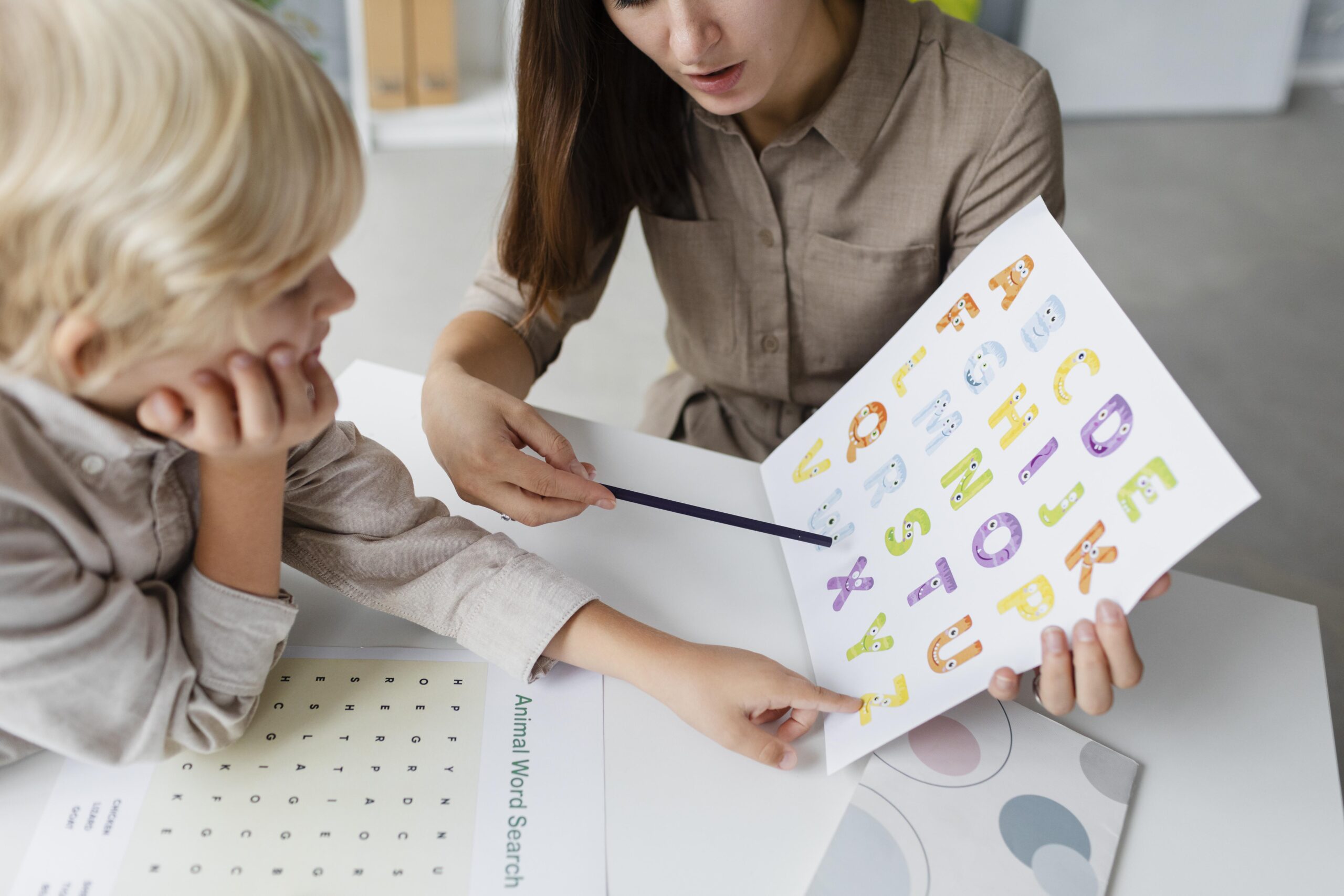
Empowering Early Readers: Phonological Awareness in the Classroom
Phonological awareness is the ability to hear, recognize, and manipulate the sounds in spoken language. It includes skills such as identifying rhyming words, recognizing when two words begin with the same sound (also known as alliteration), and segmenting words into syllables or onset-rimes.
The most advanced phonological awareness skill is phonemic awareness which refers to the ability to hear, identify, and manipulate individual sounds, or phonemes, in spoken words. Children with strong phonemic awareness skills are able to complete tasks like:
- Isolate the first sound in a word (mat → /m/)
- Blend individual sounds together to form words (/j/ /u/ /m/ /p/ → jump)
- Segment words into their individual sounds (bat → /b/ /a/ /t/)
- Delete or substitute phonemes to form new words (stop without /s/ → top)
Why is Phonological Awareness Important?
Phonological awareness, especially at the phoneme level, is essential for learning to read and spell, and similar to alphabet knowledge, is one of the strongest predictors of later literacy development (National Early Literacy Panel, 2008). Children with strong phonological awareness skills understand that spoken words are made up of smaller sound units and are able to easily identify and manipulate them. Without this understanding, children may struggle to decode words, which can ultimately hinder their ability to read fluently and comprehend.
Developing phonological awareness skills in early childhood provides children with the critical foundation needed for successful reading acquisition. By intentionally incorporating activities that build these skills into daily classroom routines, educators help young learners crack the code of our language system, setting them on the path to becoming confident, capable readers.
References: National Early Literacy Panel. (2008). Developing Early Literacy: Report of the National Early Literacy Panel. Washington DC: National Institute for Literacy.

Literacy Specialist
